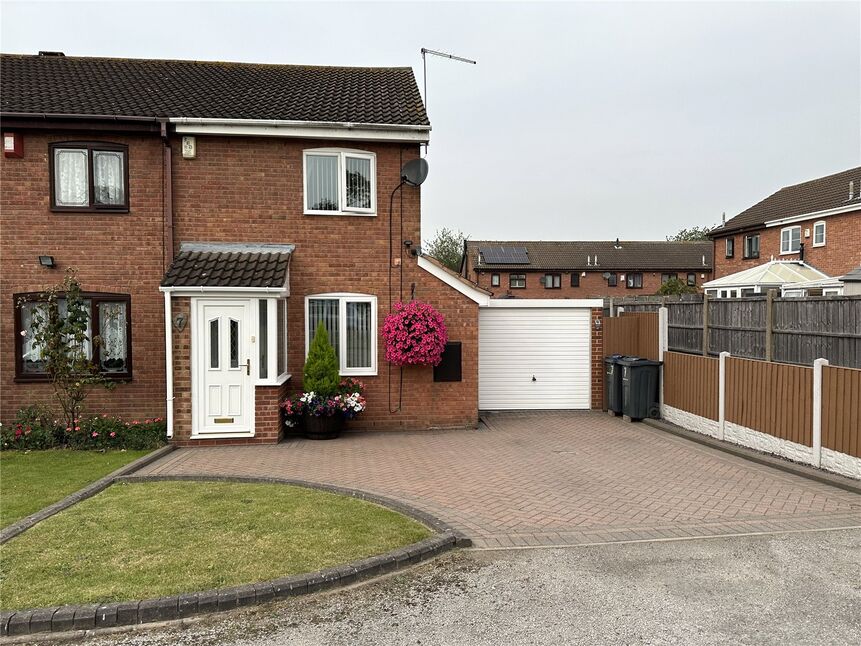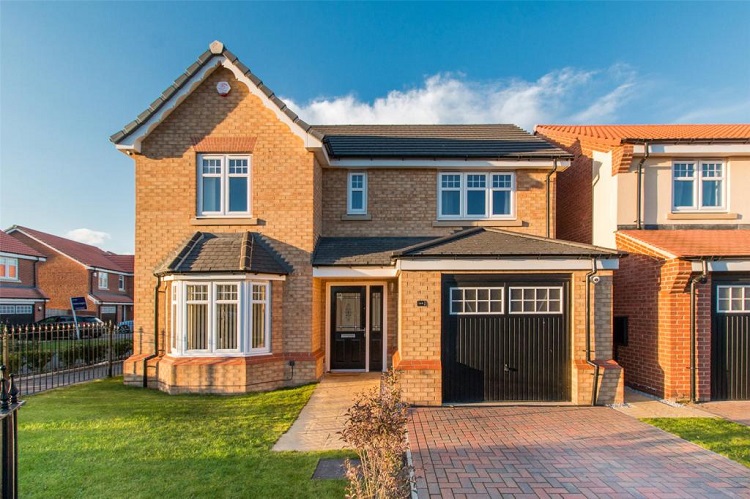Multi-family homes aren’t new in the UK, but they’re definitely getting more attention lately. With the rising cost of living and ongoing housing challenges, many people are starting to consider properties that can offer both a place to live and a steady rental income. But before you go looking for a house that fits more than one family, there are a few things you’ll want to get your head around.
We’re not just talking about bigger mortgages or having a couple of extra keys to hand out. Owning a multi-family property is a different kind of setup altogether, and if you’re not ready for what comes with it, it can catch you off guard.
First off, what exactly is a multi-family home?
In simple terms, it’s a property split into two or more separate units, each with its own entrance, kitchen, and bathroom. Think a Victorian house turned into three flats, or a small block with four self-contained units.
They’re not as common in the UK as they are in some other countries, but you’ll still find them dotted around cities and even some suburbs.
Now, it’s easy to look at one of these and think, “Great, I can live in one and rent out the others.” And that’s one way to go about it. But things aren’t always that straightforward.
Financing isn’t the same as buying a single house
One of the first bumps in the road? The mortgage.
You’ll likely need a buy-to-let or semi-commercial mortgage, depending on how the property’s set up. If you’re planning to live in one unit and rent the rest, some lenders will be fine with that. Others won’t. And if it’s already split into separate flats, it might fall under a completely different lending category.
Interest rates can be higher. Deposit requirements can be steeper. And lenders might want to see a clear rental income forecast before they give you the green light.
It’s not a reason to walk away, but it does mean you’ll need to speak with a broker who actually understands these types of purchases. Not all do.
Planning and legal bits: Don’t skip these
Here’s where people can get caught out: assuming they can just buy a house, knock a wall through or split it into flats, and rent it out.
In the UK, any conversion from a single dwelling to multiple flats typically needs planning permission. Even if the building already has separate units, you’ll want to double-check that the proper permissions and building regs have been signed off.
Some properties were converted decades ago without formal approval. That could cause massive headaches if you end up needing to backtrack and apply for retrospective permission or worse, undo the work.
Also, don’t forget about licensing. In many areas, if you’re letting out to multiple tenants from different households, it might be classed as an HMO (House in Multiple Occupation). That requires a specific licence from the local council. And each council has slightly different rules.
Bottom line? Check before you buy. It’s a lot easier than dealing with it after.
You’ll need to think like a landlord, even if you’re living there too
If you’re living in one unit and renting the others, great. But you’re also now a landlord. And that means responsibilities.
You’ll need gas safety checks, electrical inspections, proper tenancy agreements, and possibly fire safety upgrades.
For example, some councils require hard-wired smoke alarms in every unit, plus fire doors. And if it’s classed as an HMO, the fire safety rules are even stricter.
It’s easy to underestimate how much admin this can involve, especially if you’re used to being a tenant yourself. Suddenly, you’re the one dealing with boiler issues, noisy neighbours, and deposits.
Some people enjoy that role it gives them more control over the property and can be a solid source of income. Others find it a bit of a drain.
Council tax and utilities might be different too
Here’s one people forget: who pays what?
If the building is split into separate council tax bands (one per unit), then each tenant can handle their own bill. But in some cases, especially if the property isn’t formally split, the council might bill the whole property as one.
Same goes for utilities. If there’s just one meter for the whole building, you’ll need to sort out how to divide the costs or pay it yourself and include it in the rent.
Installing separate meters is possible, but it isn’t cheap. Something to consider if you’re buying an older property that hasn’t been properly modernised.
Resale value and exit plans
Not every buyer wants a multi-family property, which can affect how easy it is to sell later.
Some lenders are cautious about financing this type of property, especially if it’s been converted in a way that isn’t 100% compliant with regulations. That can limit your pool of potential buyers.
It’s worth asking yourself: If I need to sell in five or ten years, who will this property appeal to? Another investor? A family looking to convert it back? A developer?
Make sure your plans won’t paint you into a corner.
Location still matters—probably even more than usual
Where you buy can make or break the whole idea.
If you’re relying on rental income, then you need tenants. And for that, you’ll want to be in an area with decent demand near transport links, universities, hospitals, or business hubs.
You’ll also want to avoid areas with heavy regulation against HMOs or conversions, unless you’re willing to work within tight planning controls.
It’s worth chatting with local agents or landlords before you commit. They’ll have a feel for how rental properties are performing in that area, and what sort of tenants are looking.
Think about the day-to-day reality
Here’s something that gets missed in all the spreadsheets: living in the same building as your tenants.
Some people love it. You can keep an eye on the place, fix things quickly, and you know what’s going on.
But it also means less privacy, more noise, and the odd awkward encounter in the hallway when someone’s late with rent. If you’re someone who likes space and independence, it might wear thin quickly.



